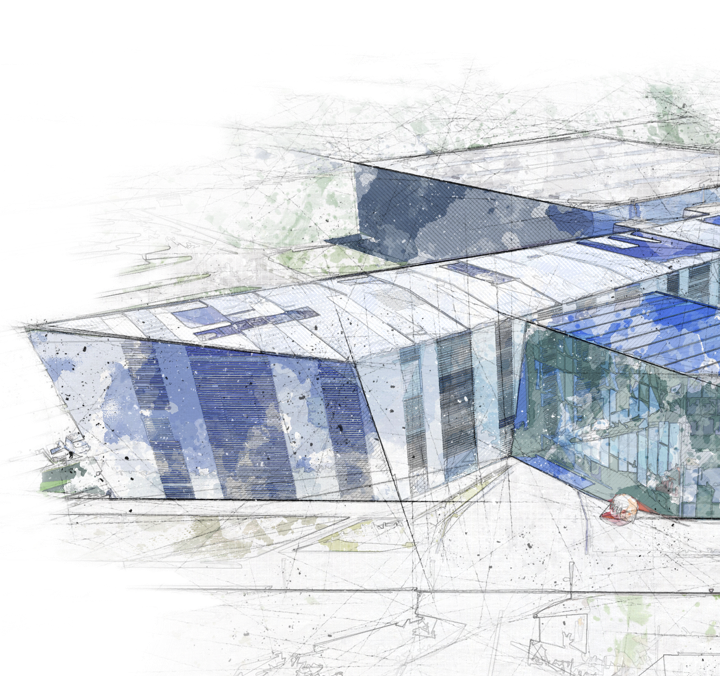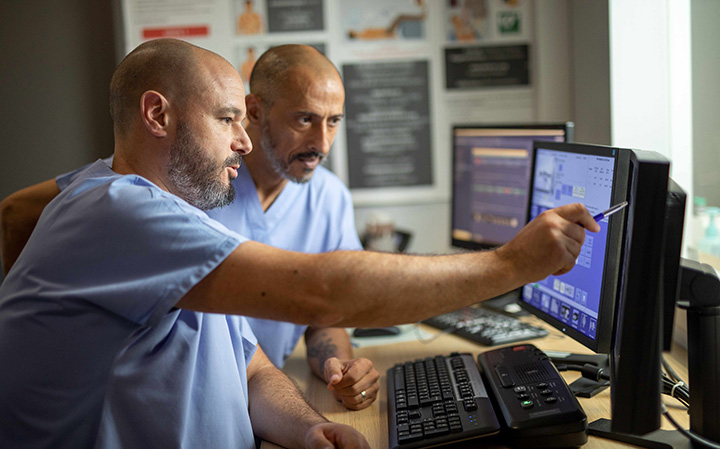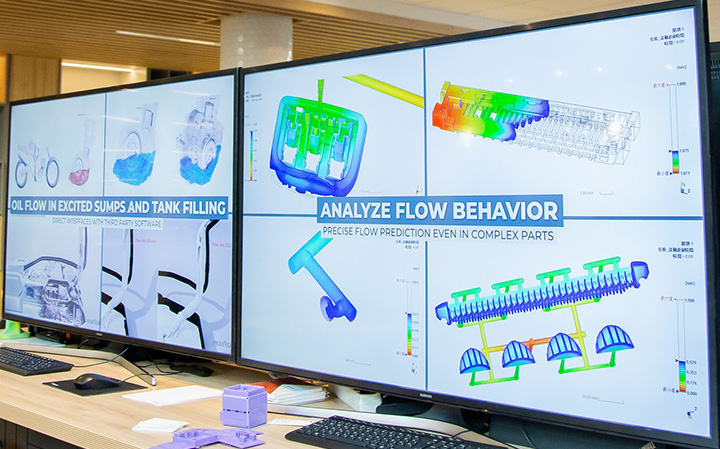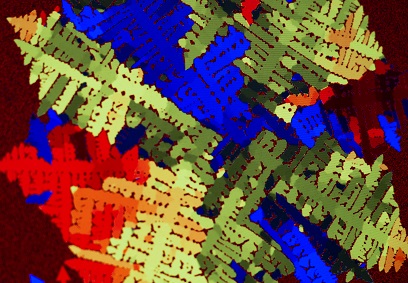
The largest research infrastructure in Hungary
The collaboration between IMSYS Kft. and HOLOFON Zrt. offers an environmentally conscious solution to the problem of water and wastewater treatment. The two Hungarian enterprises aim to explore the use of various ferrates in water purification and to develop new packaging material that enables the efficient transport of ferrate products. As a result of the project, implemented with the support of the National Research, Development and Innovation Fund, biologically contaminated water can be treated efficiently – from swimming pools to hospital wastewater.

The joint research and development project of GE HealthCare Kft. and the University of Debrecen will make medical diagnostics and pharmaceutical research more efficient with the help of Artificial Intelligence. Their solution, based on Natural Language Processing algorithms, supports the analysis and organisation of visual and textual findings, which can be used to target patients for inclusion in clinical research, among other things.
The free-to-use telemedicine system developed by 77 Elektronika Kft. in Hungary is revolutionizing online remote medical services. The project, funded by the National Research, Development and Innovation Fund, aimed to personalise the treatment of patients with or at the early stages of diabetes. That’s why the Dcont® eNAPLÓ platform was created, where people with a Dcont® blood glucose meter can upload their measured data quickly and easily. These are supported by a number of graphs and statistics to help the patient’s orientation and the work of the medical specialist examining the data.
As a specialist in industrial simulations, eCon Engineering Kft. contributes to the development of aircraft. The Virtual Blade Model, developed with funding from the National Research, Development and Innovation Fund, could bring a quantum leap in the aerospace industry: the application of artificial intelligence not only makes structural analysis, aerodynamic calculations and tests required during manufacturing more accurate and cost-effective, but also radically speeds up the process.
Modern medicine relies more and more on knowledge acquired in molecular biology and genetics. Therefore, the research into molecular markers revolutionising the diagnosis of diseases has also become extremely timely both for academic basic research and for pharmaceutical research. In order to harmonise the efforts of discovery research and industrial pharmaceutical developments, the Molecular Biomarker Research and Service Centre of Eötvös Loránd University (ELTE Biotechnology HEICC) was established, about the goals and achievements of which, we interviewed Professor Imre Kacskovics, head of Department of Immunology of Eötvös Loránd University (ELTE).
Professor László Gránásy and his team are engaged in modelling the formation of polycrystalline materials, a research they were granted funds for early in 2018 under the “Frontline” – Excellence Programme developed by the NRDI Office. The goal, after having fully understood the crystallisation process, is to use the results in biological systems.
Building on the results achieved within the National Laboratories Programme and the Thematic Excellence Programme, the call entitled Further Development of Mission-Driven National Laboratories, launched under the National Research, Development and Innovation Fund, aims to support the development of science-based innovations that address major challenges facing society, economy, and environment, while also facilitating the practical and market-oriented exploitation of research results.
A decision has been made regarding the call for proposals entitled „Call for proposals to support Hungarian organisations successfully participating in the joint international calls for proposals of European Partnerships in Horizon Europe” with the code number 2024-1.2.1-HE_PARTNERSÉG.
A decision has been made regarding the call for proposals entitled „Support for Hungarian participation in the applied research and development programme in Hungarian–Chinese cooperation” with the code number 2024-1.2.8-TÉT-IPARI-CN.






